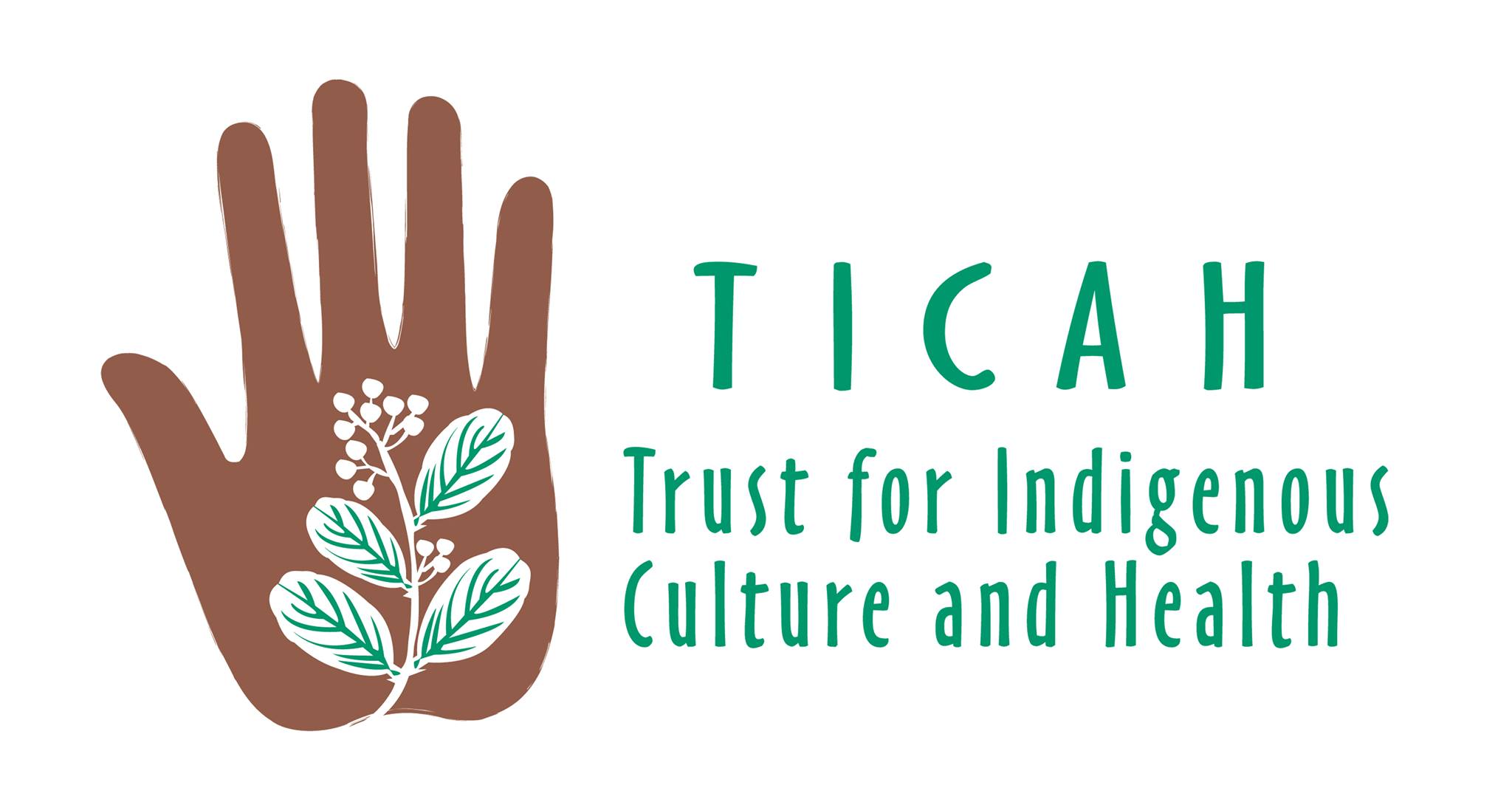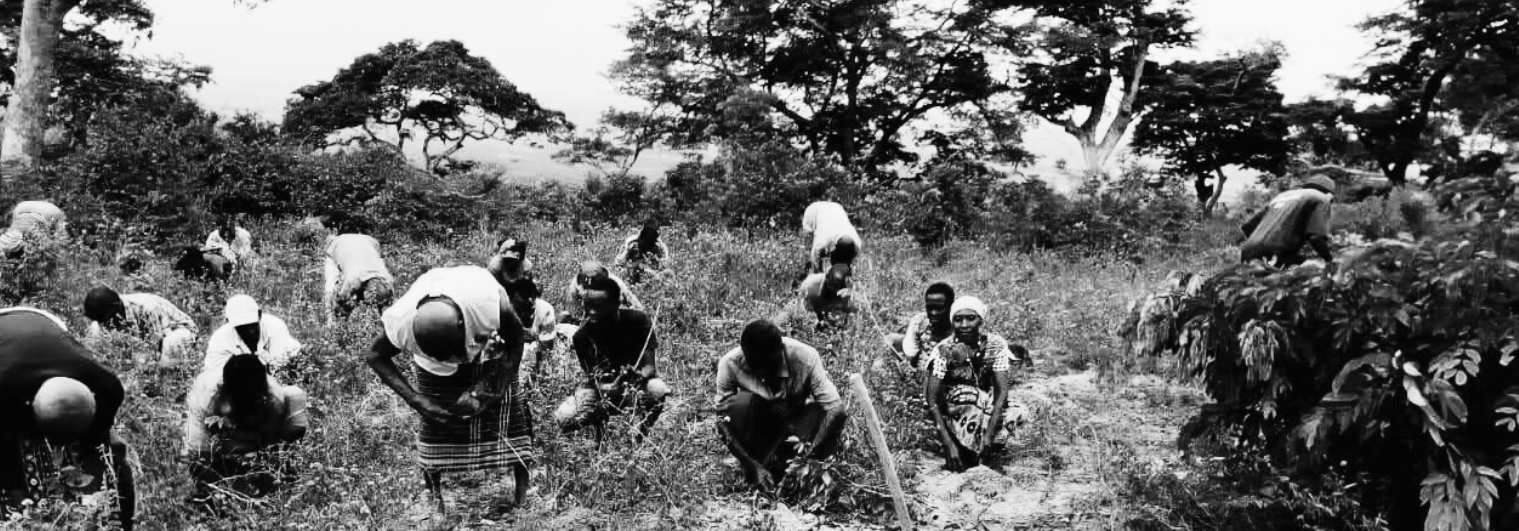Short Description
Main Objective
The Kaya Forests in Kenya are sacred and important cultural heritage sites for the indigenous Mijikenda communities. This project aims to co-create solutions with the Mijikenda community to conserve the Kaya ecosystem in Rabai village through the promotion of their cultural heritage and by offering support to community initiatives. The Mijikenda reverence for the spiritual shrines in the forests has so far contributed significantly to the conservation of the ecosystem. But modern challenges mean that the younger generations know less than their predecessors about their cultural heritage and conservation efforts have been affected. These developments are compounded by the effects of climate change, resulting in forests destruction and biodiversity loss.
Realized by TICAH, this project will co-create solutions with the local communities to increase knowledge of Mijikenda cultural practices and increase community agency to implement conservation activities.
This project will deepen the existing relationship that TICAH has with the Kaya community and the Rabai Cultural Village, a local community-based organization. In previous engagements, the Rabai community proposed a variety of economic interventions linked to conservation and cultural heritage, such as bee-keeping and eco-tourism, and this project will facilitate further discussion and support community members to prioritize, plan and execute relevant actions.
Outcomes
The project will result in:
- Intergenerational dialogue & Knowledge exchange – A series of dialogues will bring together Kaya Elders and the Mijikenda youth in order to transmit knowledge of Kaya cultural practices and their contribution to conservation. These dialogues will include training sessions with practical demonstrations inside the forests.
- Community-led nursery for indigenous plants with cultural and medicinal value —the community-run tree nursery in Rabai will be expanded in a community action for cultural heritage preservation and conservation. The community will be supported with inputs for the nursery, as well as capacity building sessions to enhance knowledge of indigenous plants and herbs with cultural and medicinal value. Planting indigenous plants that have medicinal value will give the community the opportunity to conserve and share indigenous knowledge, increase access to herbal medicine, and increase the forest cover.
- Community Action Plans for Conservation and Cultural Heritage Preservation – The project will also hold forums to co-create a community action plan with additional jointly agreed upon activities for the conservation of the cultural heritage as well as the environment. This could include tree nurseries, beekeeping or expanding eco-tourism initiatives, but the specific activity will be decided on in community forums to ensure continued co-creation.
Partners

Partnerships


